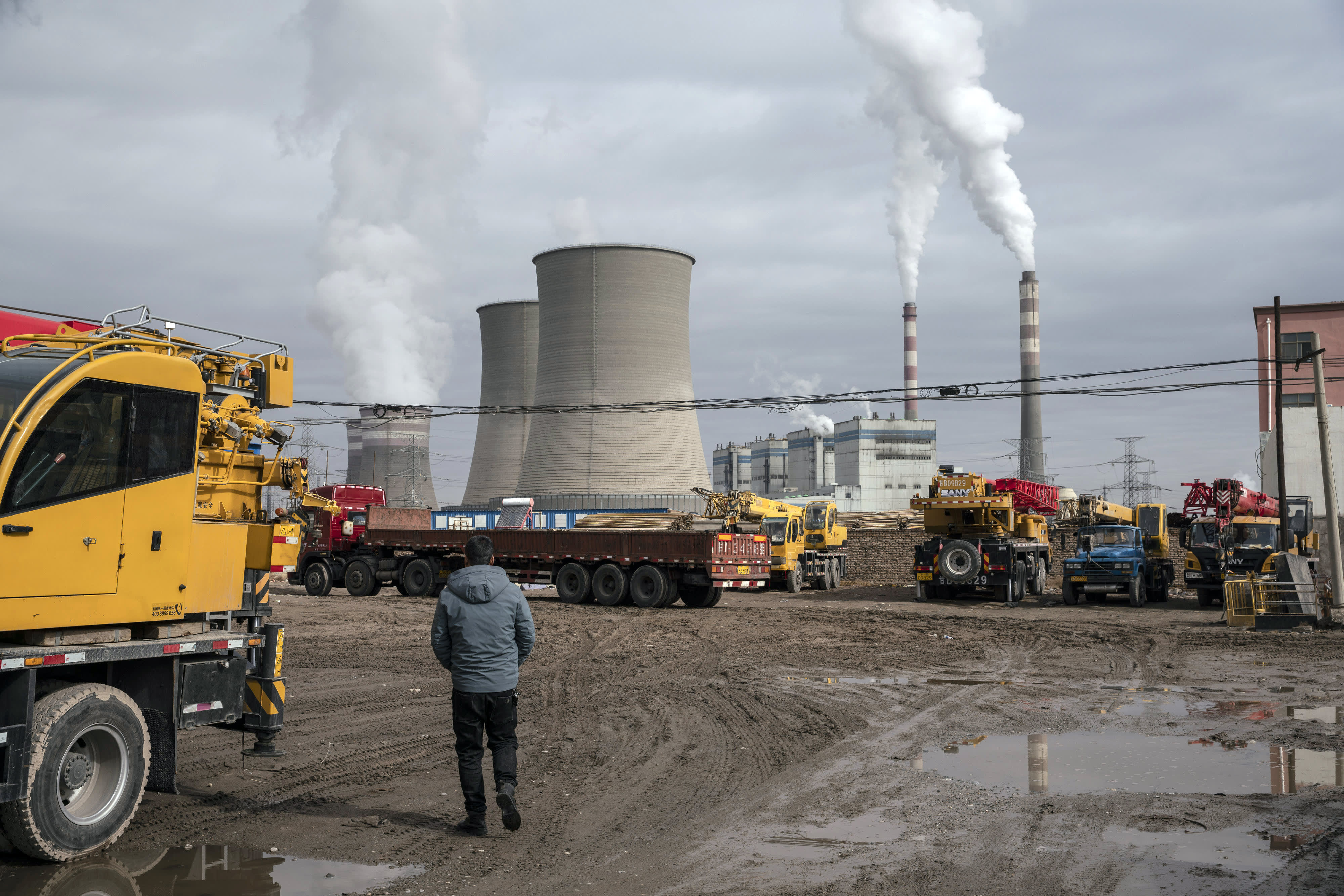Rich countries like China and Japan need to stop financing coal-powered plants in poorer nations in the fight against climate change, according to Rachel Kyte, who previously served as special representative of the United Nations secretary-general and chief executive officer of Sustainable Energy for All.
Kyte, who is now dean of The Fletcher School at Tufts University, said “coal has no place in the race to net-zero” carbon emissions by 2050.
“We need those countries that have coal to manage their own energy transitions. And we need to stop financing coal into countries, especially low income countries,” she told CNBC’s “Street Signs Asia” on Friday.
Kyte’s comments come after South Korea’s President Moon Jae-in told a climate summit convened by U.S. President Joe Biden on Thursday that the country would stop all new financing of coal plants for overseas.
“To become carbon neutral, it is imperative for the world to scale down coal-fired power plants,” Moon said, adding that developing countries that face challenges due to their reliance on coal “should be given due consideration and access to proper support.”
Calling South Korea’s move a step in the right direction, Kyte also urged China and Japan to do the same.
“With the announcement by Korea to get out of financing overseas, that’s good,” she noted. “That leaves Japan and China as the two countries still saying that they will finance coal overseas. We’ll need this year for them to both find a way to get out of that commitment as well.”
Both China and Japan are heavy consumers of coal and have come under criticism from environmental groups for not taking stronger steps to end their reliance on coal and other fossil fuels.
Even as the U.S. and Europe make significant commitments to reduce their carbon emissions, there is still a lack of effort by Western nations to support less developed nations in their transition away from coal, according to Kyte.
“What’s also important is that the rest of the world has to put a sort of large offer on the table to help countries who may have pursued coal in the past to pursue renewable energy and green energy transformation,” said Kyte.
“We didn’t quite see those kinds of financial commitments at this summit yet. Lots of work, therefore, to do at the G-7 hosted by the U.K. and the G-20 hosted by Italy later this year,” she added.
